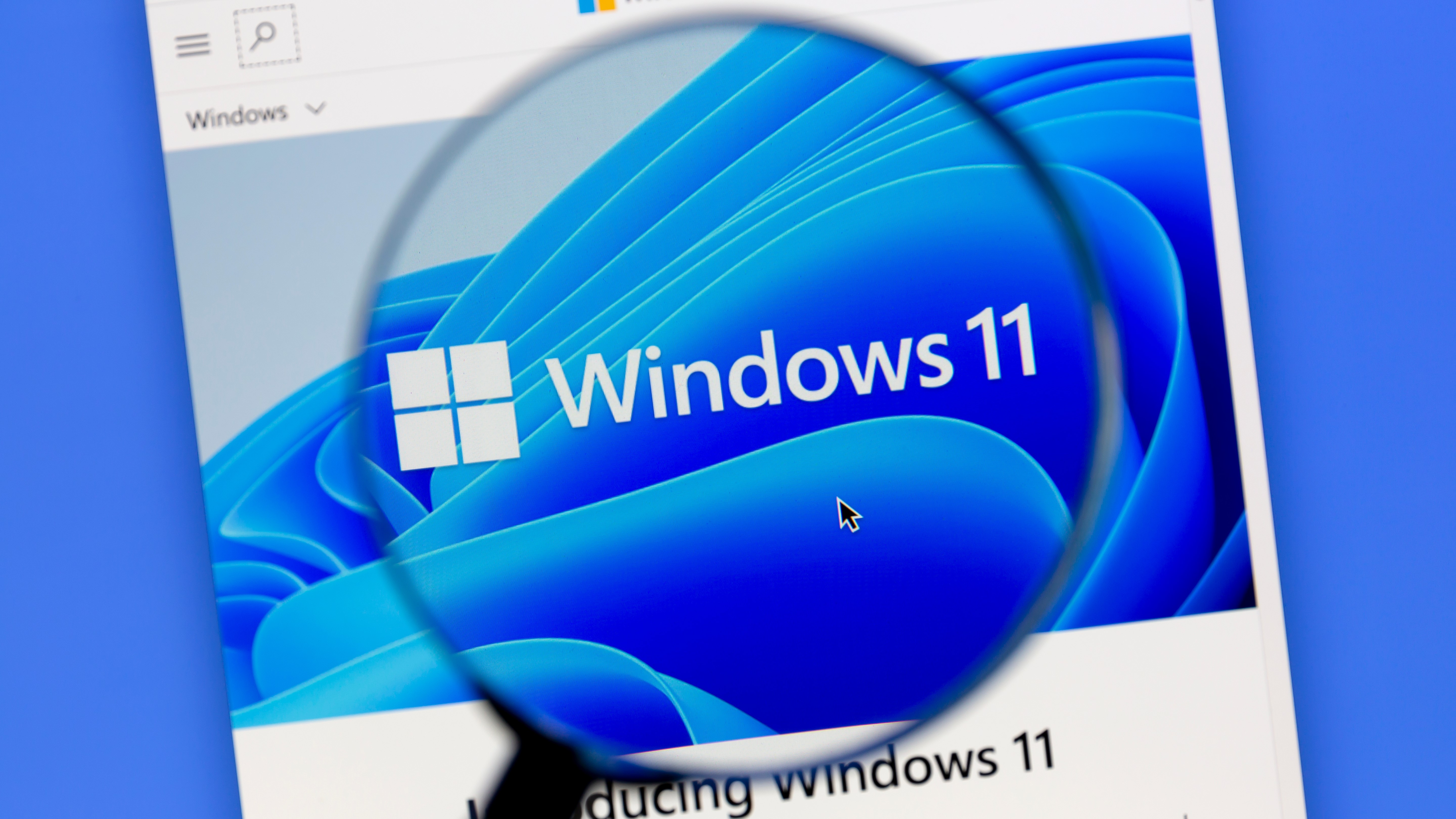COVID-19 app lets you help fight coronavirus outbreak: How to use it
The COVID Symptom Tracker app lets you do your part in fighting coronavirus
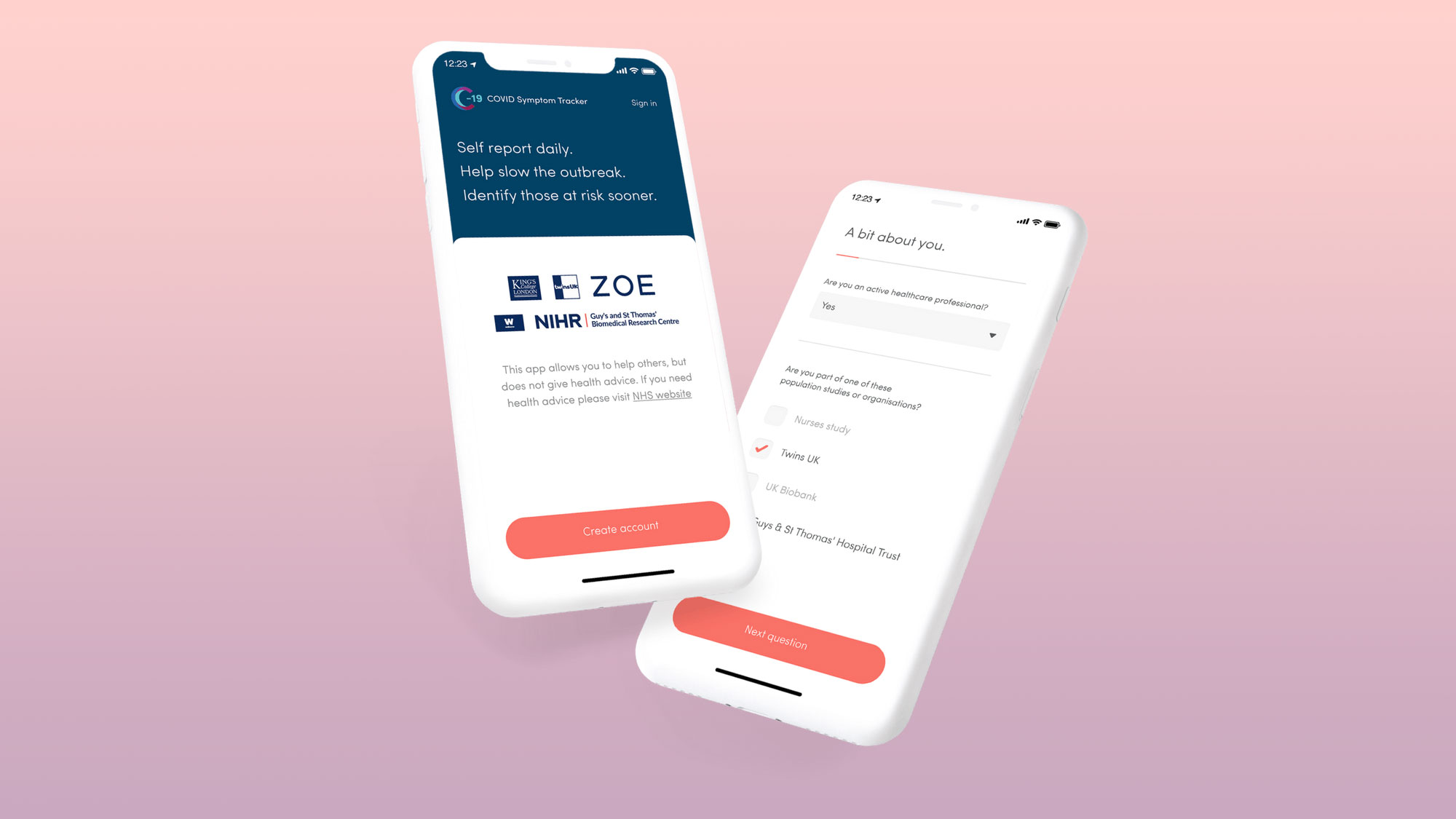
Whether you're completely healthy or think you might have contracted coronavirus, a free app lets you report your symptoms to scientists in order to better track the spread of the disease.
The COVID Symptom Tracker, available on the App Store and Google Play, is an app created by nutrition app maker Zoe in association with King’s College London, Guys & St Thomas' Hospitals and the NHS, all in the UK. The app will be available in the US as of March 26, but can be used by anyone in the UK right now.
- Coronavirus maps: Track COVID-19 cases with these interactive dashboards
- Where to buy Lysol wipes: These retailers still have stock
- Coronavirus drive-through testing locations: Where to go in your state
The app is pretty simple. After setting up an account (the app stresses that your data is anonymized), you go through an initial set-up where you explain if you have any of a number of pertinent health conditions, your postcode (ZIP code for US users) and if you have people in your life who could theoretically look after you if you were to fall ill.
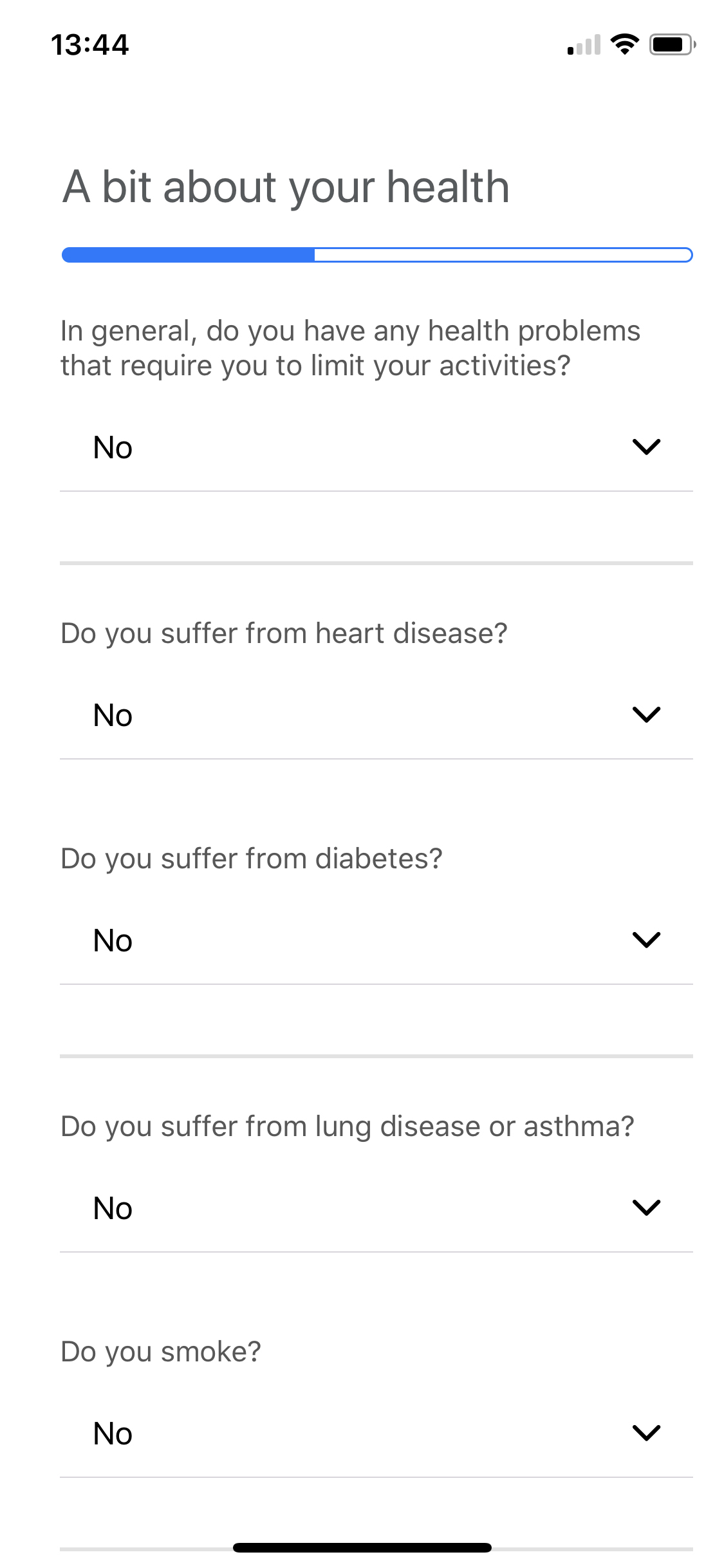
After this comes the main function of the app - a symptoms reporting questionnaire. The app encourages you to report daily, even if you don't feel ill, as the more data it can collect, the more information scientists have to work with to figure out how the coronavirus pandemic is spreading, both in terms of geographical area and the types of people who are catching the disease.
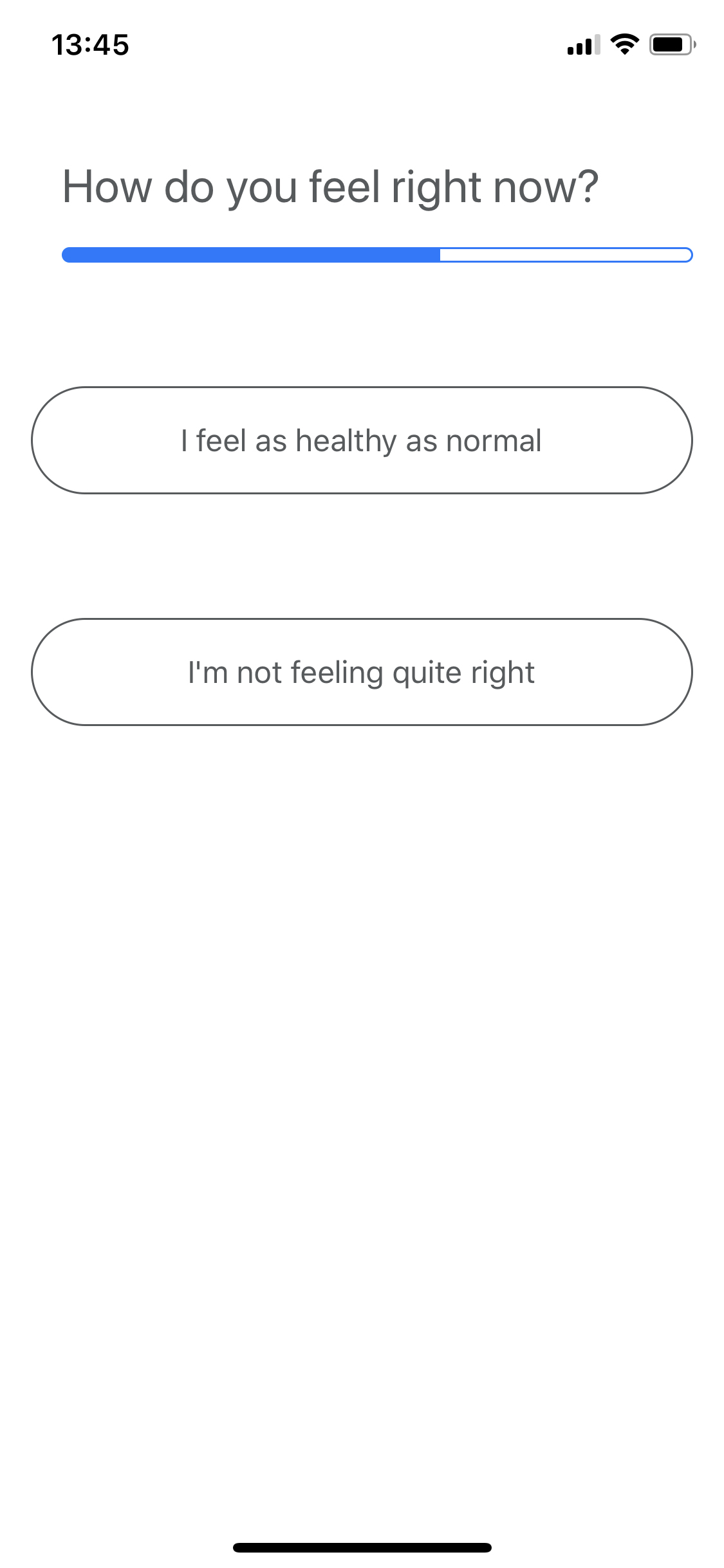
This isn't an app to use if you need health advice. In fact, the app steers you towards the NHS' own website if you're looking for that. This is purely for you to easily provide data for scientists to use.
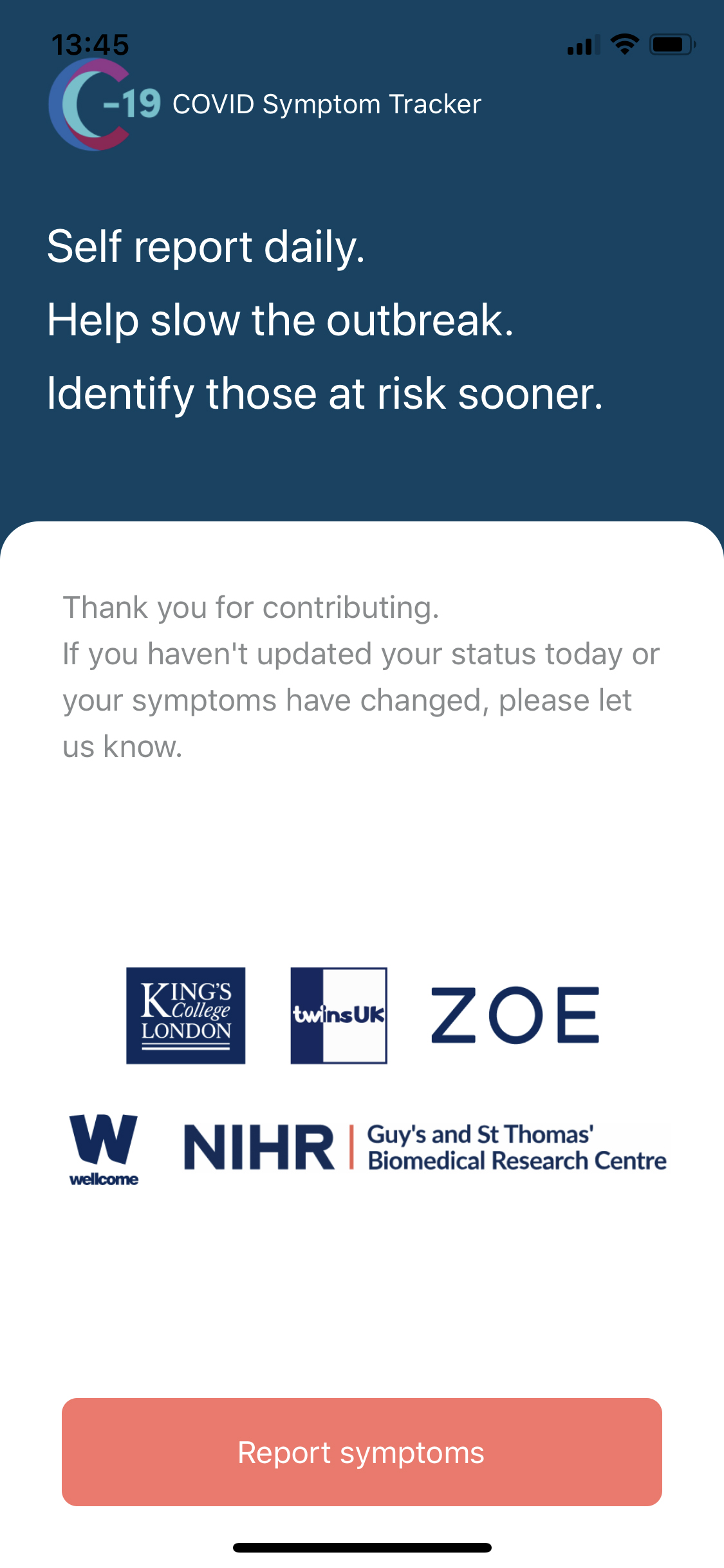
If you have concerns about how your data will be used, the app states it won't be used for commercial purposes, only for researchers at KCL, Guys and St Thomas' Hospitals, and potentially the NHS.
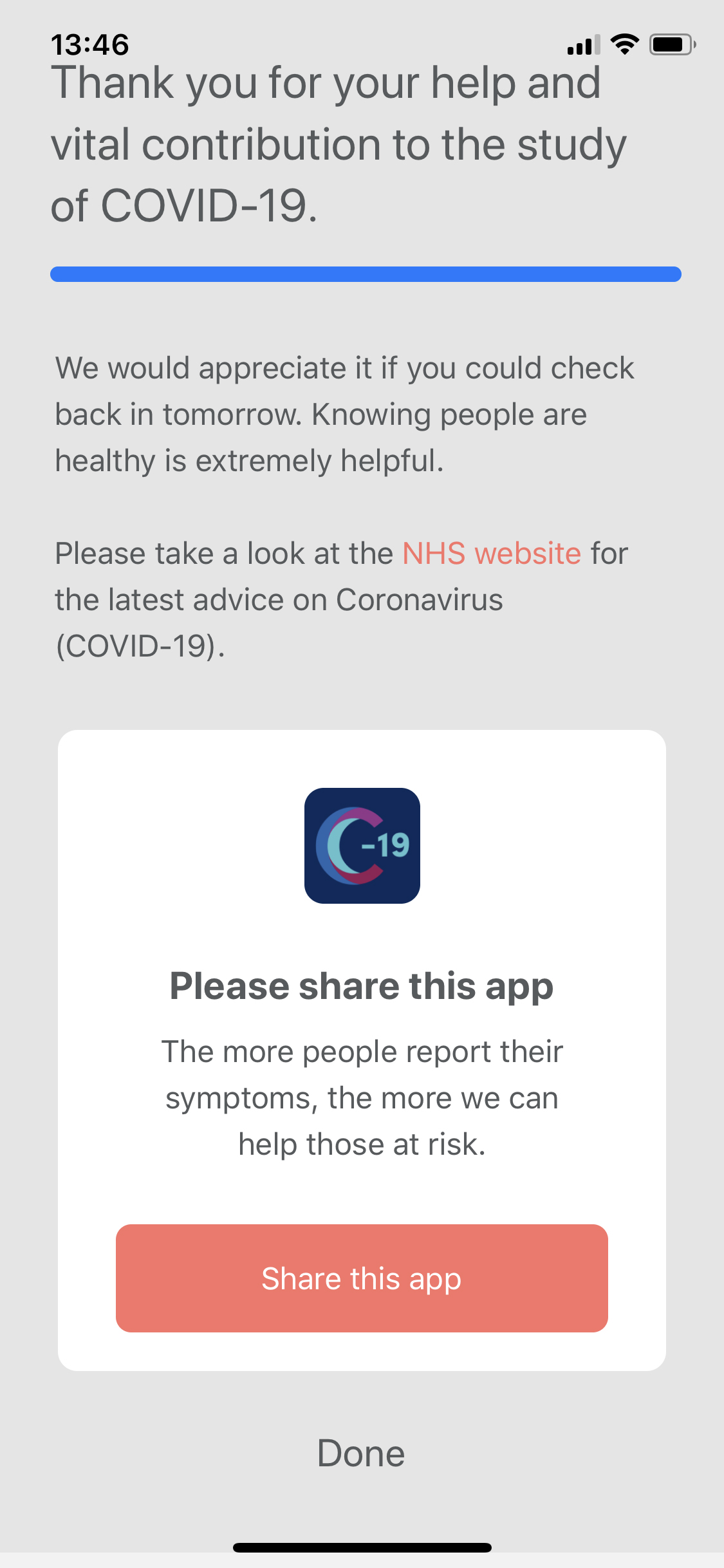
If you want to help the effort to fight against the coronavirus pandemic with your computer rather than your health information, then check out Folding@home, and join our sister site Tom's Hardware's folding team to help research a vaccine for the virus.
Get instant access to breaking news, the hottest reviews, great deals and helpful tips.

Richard is based in London, covering news, reviews and how-tos for phones, tablets, gaming, and whatever else people need advice on. Following on from his MA in Magazine Journalism at the University of Sheffield, he's also written for WIRED U.K., The Register and Creative Bloq. When not at work, he's likely thinking about how to brew the perfect cup of specialty coffee.
 Club Benefits
Club Benefits





